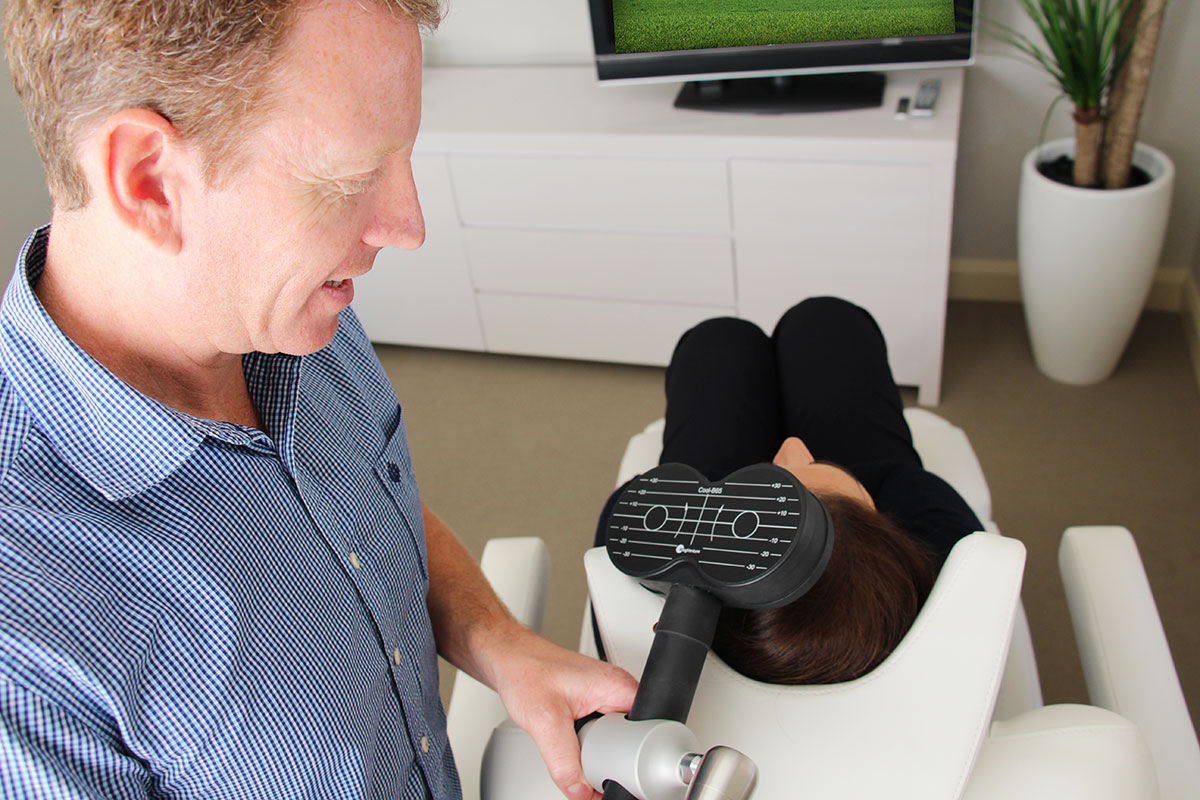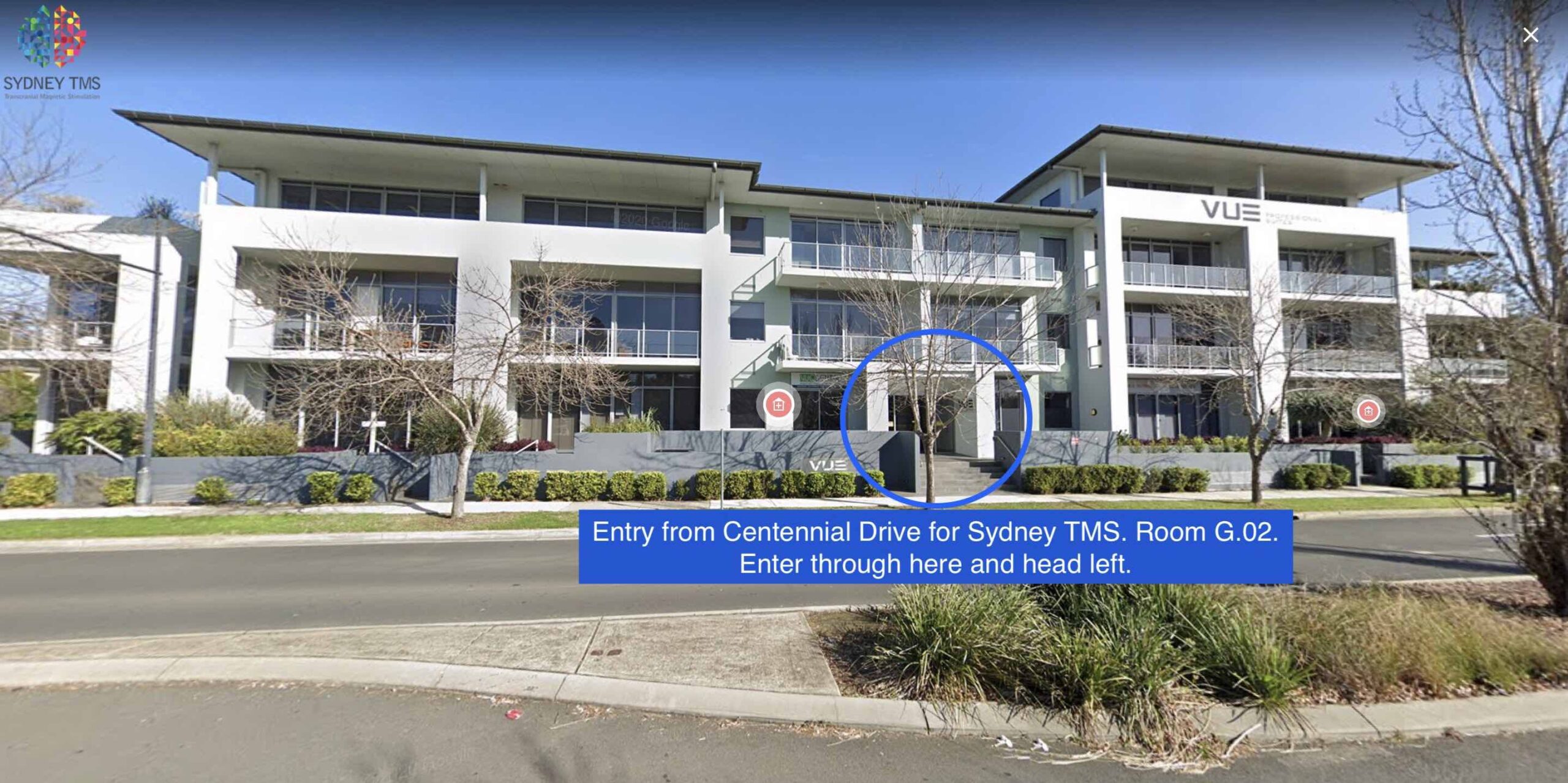For many years, Electroconvulsive therapy (ECT) has been a treatment option for sufferers with Major Depressive Disorder. ECT is also associated with a number of negative side effects that often discourage patients from seeking this treatment. We are here to talk to you about an alternative treatment for Major Depression, known as Transcranial Magnetic Stimulation (TMS). Fortunately, TMS is associated with fewer side effects.
About TMS
TMS is a non-invasive treatment that uses magnetic fields to stimulate nerve cells in the brain. It involves the use of an electromagnetic coil which is placed on the scalp and generates magnetic pulses that stimulate the underlying brain. The magnetic field is able to penetrate through the skull and reach the desired area without causing any harm to the surrounding tissue.
Let’s compare ECT
Compared to ECT, TMS is a much safer and more tolerable option. ECT involves the administration of a general anaesthetic, and therefore requires the patient to be in hospital for the duration of the treatment. The procedure delivers a controlled electrical current to the brain. This can result in side effects such as confusion, memory loss and headaches. Additionally, ECT can cause physical discomfort and require a longer recovery time.
Benefits of TMS
Alternatively, TMS has very few side effects, with the most common being mild discomfort to the scalp or a headache. There is no need for anaesthetics and patients are able to resume normal activities immediately following TMS treatment. TMS does not have significant side effects such as memory loss.
Past studies (Click here to read an article) have demonstrated that TMS is equally effective as ECT in treating severe depression. In fact, TMS has been found to be effective in treating other psychiatric disorders as well, such as obsessive-compulsive disorder and post-traumatic stress disorder.
TMS also offers a more targeted approach to treatment, as it is able to specifically target certain areas of the brain. This allows for a more individualised treatment plan. There are a number of additional benefits to TMS. Patients do not have to go to hospital for treatment. In fact, TMS is perfectly suited to outpatient care, as the patient needs to only attend their session. Also, patients can go about with their normal activities following their treatment session. Another benefit is that patients can attend treatment on their own should they wish to or they can invite a support person.
In summary, TMS is a safer, more tolerable and effective alternative to ECT in treating depression. It offers a targeted approach to treatment, with fewer side effects and a lower risk of cognitive impairment. If you or a loved one is struggling with depression, consider discussing TMS with your healthcare provider.
Sydney TMS accepts referral from psychiatrists and GPS. Please visit our website www.sydneytms.com.au or call 1300 177 144 for an obligation-free assessment today.
Further reading on treatment options including ECT, rTMS and other can be found here.



